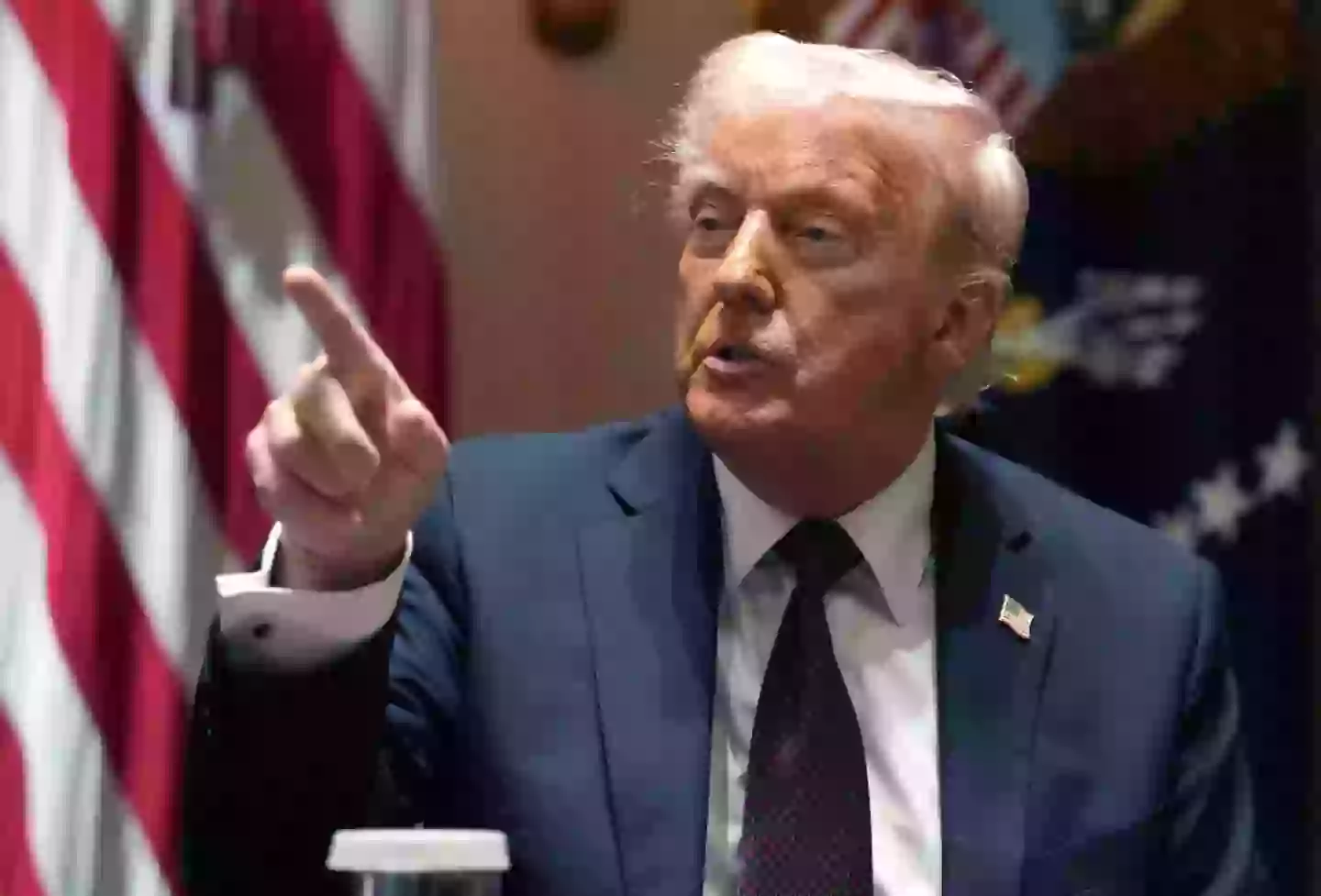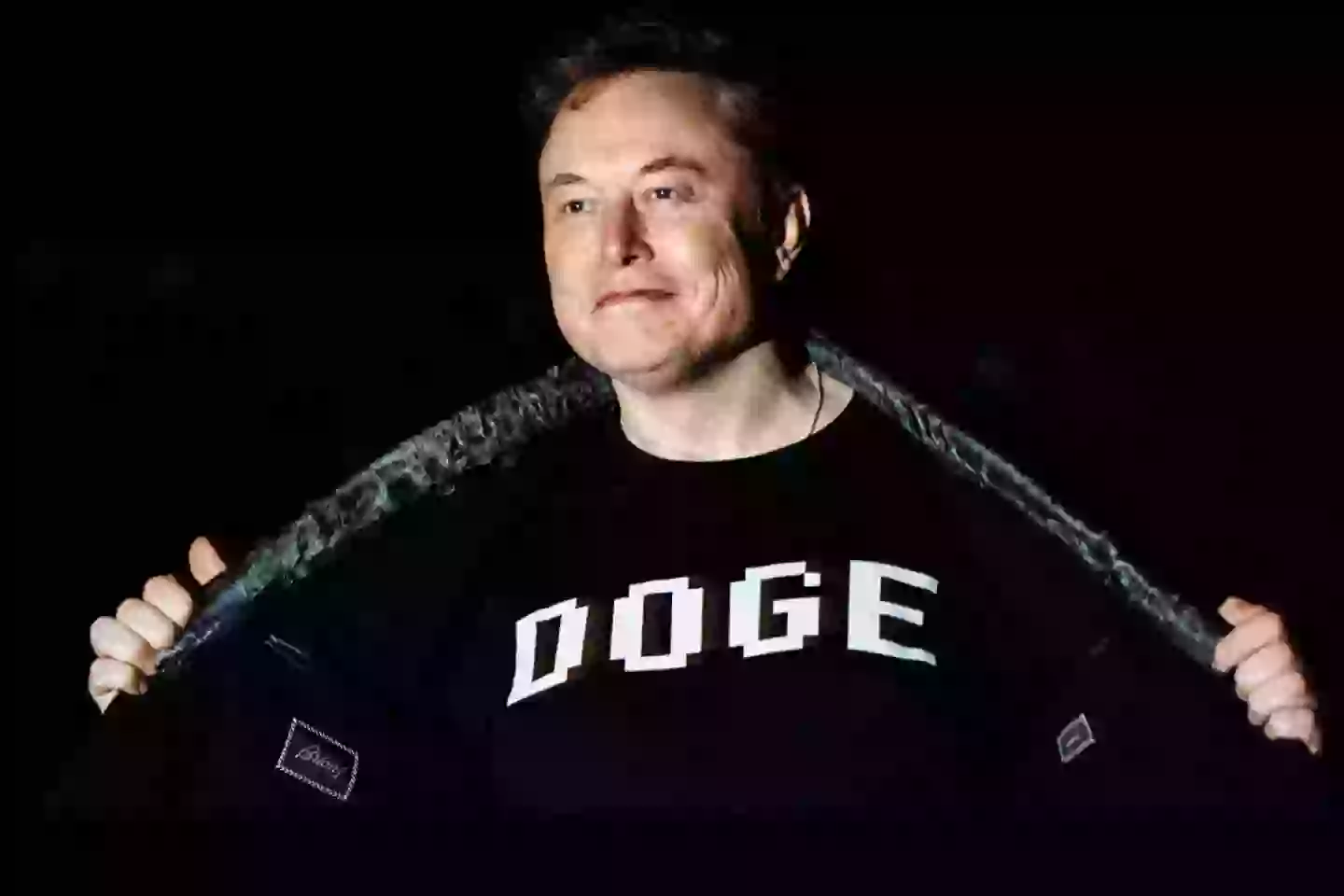
The man who predicted the 2008 financial crash warns of trouble ahead after Elon Musk's federal spending cuts.
Danny Moses, the investor known for spotting the 2008 financial crisis before it hit, became famous from the book-turned-movie The Big Short.
Now, he's warning of the dangerous economic effects of federal spending cuts tied to Musk’s new role in government.
Advert

"I think we are underestimating the impact to the economy of the cuts we're making at the federal government, and what that might mean [for] the knock-on effects into the economy," Moses said on CNBC. "I think we're hurting the revenue side of the equation."
His concern follows the recent moves by the Department of Government Efficiency (DOGE), which is headed by Musk.
According to DOGE, it has saved taxpayers $115 billion by cutting federal programs and laying off workers. But the founder of Moses Ventures believes those savings could come at a much bigger cost - one that reaches far beyond government employees.
Advert
"It's not as simple as just, 'We think there's fraud, let's cut waste, let's cut expenses,'" Moses explained. "And it's not just about the federal workers, and it's not just about the expenses out of those programs. It's about the contracts with the private sector."
Moses added that when the government spends money, it doesn't just disappear. It helps keep roads and infrastructure running, supports state budgets and flows into the economy through business contracts.
He used Musk's SpaceX company as an example, which has received more than $38 billion in federal support through government contracts, loans and tax credits. Because of the Tesla CEO's new role in government, companies like SpaceX are probably safe from the funding cuts, Moses argued. But other businesses, including small ones not tied to President Trump or Musk, might not be so lucky.

Advert
"Private contractors that are doing legitimate work services that are now being forced to make decisions on their business," he added.
Adding to the problem is Trump’s constant back-and-forth on tariffs, which has created an uncertain economic climate and made it harder for trading partners to plan ahead.
"I think we are being overly optimistic [as to] how this is going to play out," Moses continued. "We're going to start to hear, when first quarter earnings are reported, that there is a market slowdown potentially, and a hit to consumer confidence."
Meanwhile, Cory Stahle, an economist for Indeed’s Hiring Lab, claims that there's a lot of 'unquantifiable uncertainty' going around.
Advert
“Employers seem to be really frozen, by the uncertainty around what's going to happen around tariffs, what's going to happen with labour supply, immigration, then obviously, what's going to happen with these federal workers,” Stahle said.